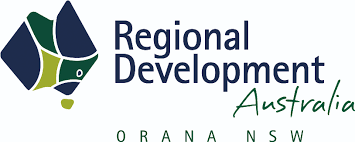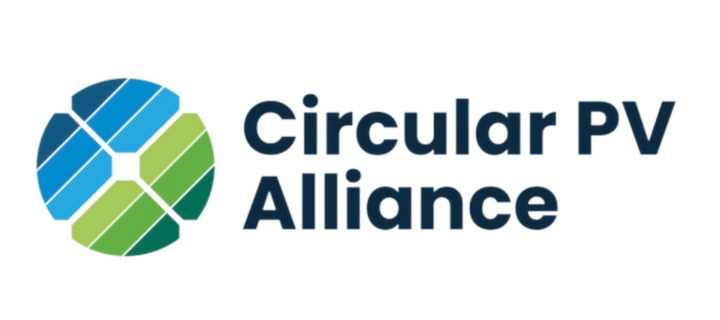Monash based global team identify microalgae as clean source of hydrogen production
An international research team has devised a new way to produce hydrogen and methane with significantly reduced carbon footprint using microalgae.

Researchers at Monash University’s Department of Chemical Engineering, IITB-Monash Research Academy Mumbai, and The Indian Institute of Technology’s Department of Chemical Engineering have used reactive flash volatilisation (RFV) gasification technology to produce hydrogen using microalgae, giving rise to newer and cleaner forms of energy.
Findings show the greenhouse gas emissions of hydrogen production using RFV on microalgae is 36% less compared to the steam reforming of methane gas – the current best practice for hydrogen production.
With additional renewable energy processes, such as hydro-electricity, integrated with the researchers’ hydrogen production process, carbon emissions could drop by as much as 87%.
The research, published in the Journal of Cleaner Production, also shows that with the prevailing cost of hydrogen at $10 per kilo, and using RFV to produce the gas, the payback period of initial investment was just 3.78 years with a 22% internal rate of return.
The study titled: ‘Renewable hydrogen and methane production from microalgae: A techno-economic and life cycle assessment study’ can be downloaded here.















